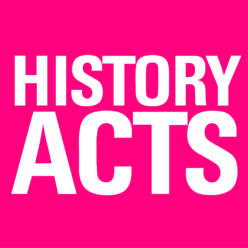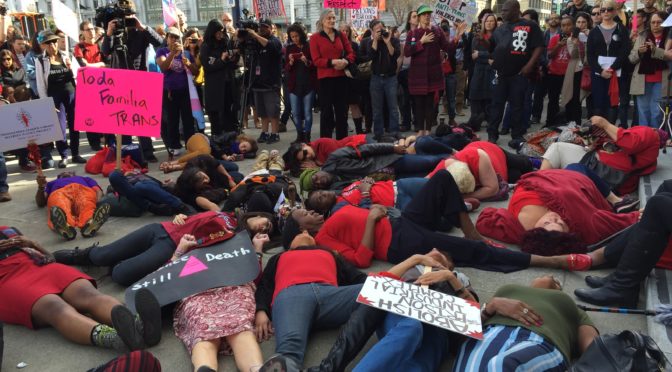TUESDAY 15 MAY 6PM-8PM
Graduate Centre, Room 603
Queen Mary, University of London,
Mile End Road, London E1 4NS
ACTIVISTS
Action for Trans Health London is a grassroots organisation which seeks to democratise and improve trans* healthcare. Their word includes raising funds to facilitate trans* individuals’ access to healthcare, engaging with medical professionals about trans* health, and engaging the trans* community about health issues.
Morgan M. Page is a Canadian artist, writer and activist based in London. She is the author of the widely-distributed BRAZEN: Trans Women’s Safer Sex Guide. She is the recipient of the Youthline’s Community Empowerment Award (2011), along with two 2013 SF MOTHA awards. She is also the host of the trans history podcast, One from the Vaults.
HISTORIANS
Dr Kit Heyam is a researcher and a transgender awareness trainer, based in Leeds, specialising in public sector, higher education and non-profit organisations (including choirs). His research interests concern transgressive sexual behaviour in medieval and early modern England and France, and his PhD (University of Leeds, 2017) investigated Edward II’s developing historiographical reputation during the period 1305-1700. He has published articles on gender nonconformity and LGBT history.
Dr Clare Tebbutt is a Lecturer in Modern British Social History at the University of York. Her research lies in nineteenth- and twentieth-century British cultural history, especially queer history, histories of the body and of social change. Her research examines how medico-scientific concepts surrounding hormones, sex and gender were incorporated into 1930s popular culture, in particular, the many press accounts of people whose sex was deemed to have changed.
Dr Catherine Baker is Senior Lecturer in 20th Century History at the University of Hull. She is a specialist in post-Cold War history, international relations and cultural studies, including the post-Yugoslav region in a transnational and global context. Catherine’s current projects include relationships between the military and popular culture; the cultural politics of international events (including the Eurovision Song Contest); transnational LGBTQ politics and identities since the late Cold War, including queer representation in media; and ‘race’ in the Yugoslav region.

